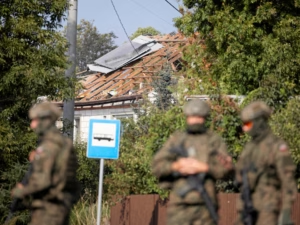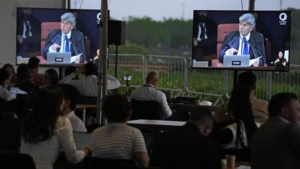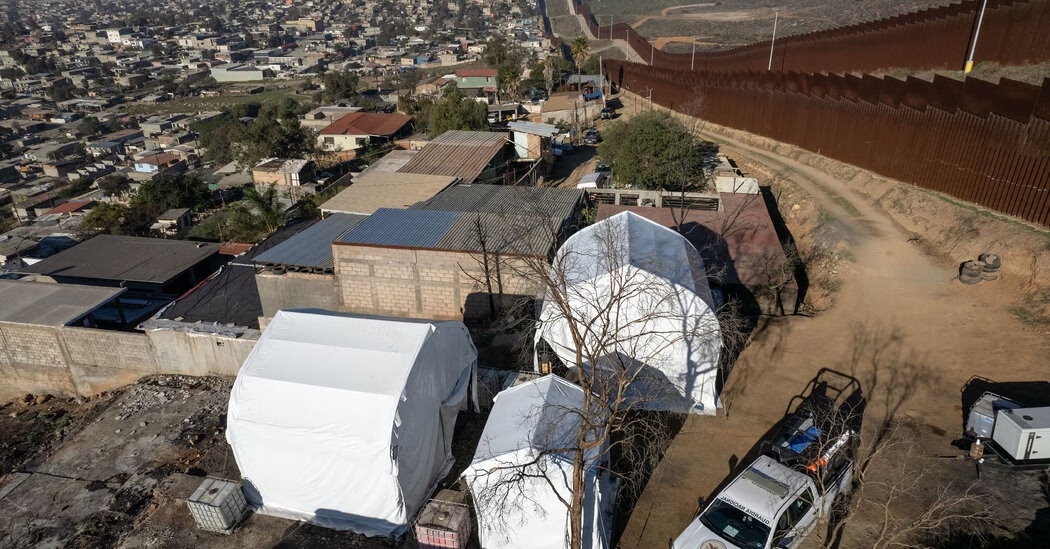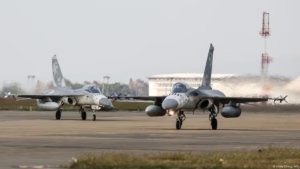Inside the White House, there is a fierce debate among Trump officials about whether to carry out military strikes on Mexican drug cartels or work with Mexican authorities to dismantle these criminal organizations. Some U.S. officials advocate for unilateral military action against cartel figures and infrastructure to curb the flow of drugs across the border. Others push for increased cooperation with the Mexican government, emphasizing the importance of continued collaboration on migration issues.
As this internal debate intensifies, a high-level Mexican delegation is scheduled to meet with senior U.S. officials in Washington this Thursday to finalize a security agreement.
During these talks, American officials have presented ambiguous ultimatums to Mexico, demanding that the country destroy the cartels or face the full might of Washington’s power. This has led to confusion among Mexican officials.
Sebastian Gorka, President Trump’s senior director for counterterrorism, along with a former Joint Special Operations Command officer, advocates for using American military power to target Mexican drug lords and their operations. Conversely, the White House’s Homeland Security Council, led by Stephen Miller, favors a more cautious approach due to concerns that aggressive action against the cartels could harm broader cooperation on migration.
Omar García Harfuch, Mexico’s secretary of security and his team will meet with their American counterparts this week before President Trump potentially imposes a 25 percent tariff on Mexican imports for what he sees as insufficient action against fentanyl trafficking.
Mexico has vehemently resisted the idea of U.S. military action without Mexican involvement, asserting its sovereignty. Claudia Sheinbaum, Mexico’s president, has stated that her government opposes any independent U.S. operations on Mexican soil.
The crisis has prompted the CIA to increase secret drone flights over Mexico, though the agency has not been authorized to take lethal action. Meanwhile, the U.S. military’s Northern Command expands its surveillance of the border without entering Mexican airspace.
Mexico has ramped up its efforts against cartels in response to U.S. threats, conducting high-level arrests, drug lab busts, and drug seizures, including a record seizure of over 20 million doses of fentanyl. However, straining U.S.-Mexico relations too far may reverse decades of cooperation on drug cartels, warn analysts and former diplomats.
Mexico was also angered by perceived American involvement in the kidnapping of Ismael Zambada García, one of Mexico’s most powerful drug lords, earlier this summer. Furthermore, in 2020, the arrest of former Mexican defense secretary Gen. Salvador Cienfuegos on bribery charges brought by U.S. law enforcement caused significant tension. The charges were eventually dismissed, and he was returned to Mexico.
Source: https://www.nytimes.com/2025/02/27/world/americas/mexico-trump-cartels-washington.html





